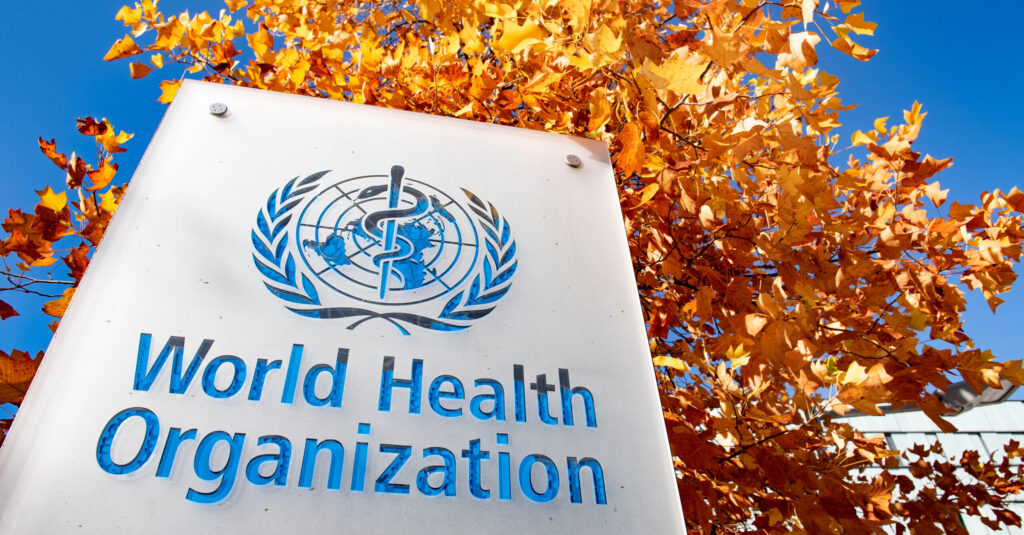WHO Releases Global Health and Environment Scorecards 2024

WHO Launches 2024 Global Scorecards Linking Health and Environment
The World Health Organization (WHO) has published the 2024 edition of its country scorecards, evaluating how 194 nations address major environmental threats to health. These threats include air pollution, unsafe water, poor sanitation, chemical exposure, radiation, biodiversity loss, occupational hazards, and environmental risks in healthcare settings.
For the first time, the scorecards feature a summary score, offering a simplified view of each country’s performance. This new metric is based on 25 key indicators across environmental health, climate change, and policy efforts.
“These scorecards are a powerful call to action,” said Dr. Maria Neira, WHO’s Director of Environment, Climate Change and Health. “Clean air, safe water, and climate resilience aren’t luxuries. They are essential for the health of people and the planet.”
The data-driven tool helps governments prioritize evidence-based policies and cross-sector cooperation. It aims to close gaps and highlight national and global trends in health risks related to environmental conditions.
Top Performers and Regional Highlights
Among countries, Norway and Canada scored highest overall. Regionally, Europe led the rankings, followed by the Americas and the Western Pacific. In income groups, Argentina ranked highest among upper-middle-income countries, Jordan in lower-middle-income, and Malawi among low-income countries.
The summary score empowers countries to track progress and identify urgent environmental health challenges. It also supports national assessments and decision-making for policy improvements.
“Every country, regardless of income, can use this tool to reduce preventable disease and death,” said Dr. Annette Pruess, WHO Unit Head. “Environmental health investments pay off in stronger communities and economies.”
A Preventable Burden
According to WHO, one in four global diseases is linked to preventable environmental threats. Stronger environmental policies, cleaner technologies, and sustainable practices can significantly reduce the global health burden.
The updated 2024 scorecards make it easier for countries to turn environmental data into action—ensuring a safer, healthier future for all.
Source: World Health Organization
: 325







